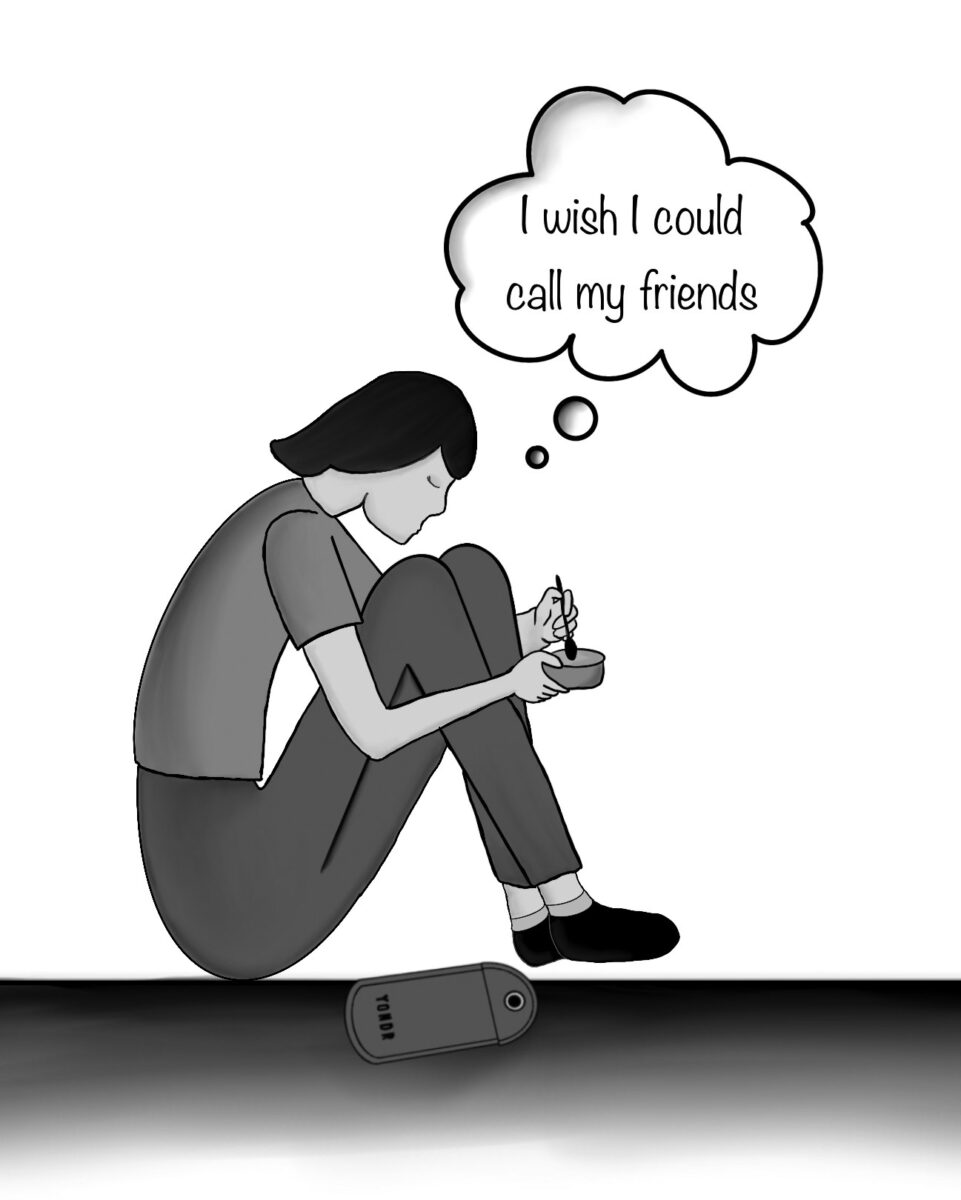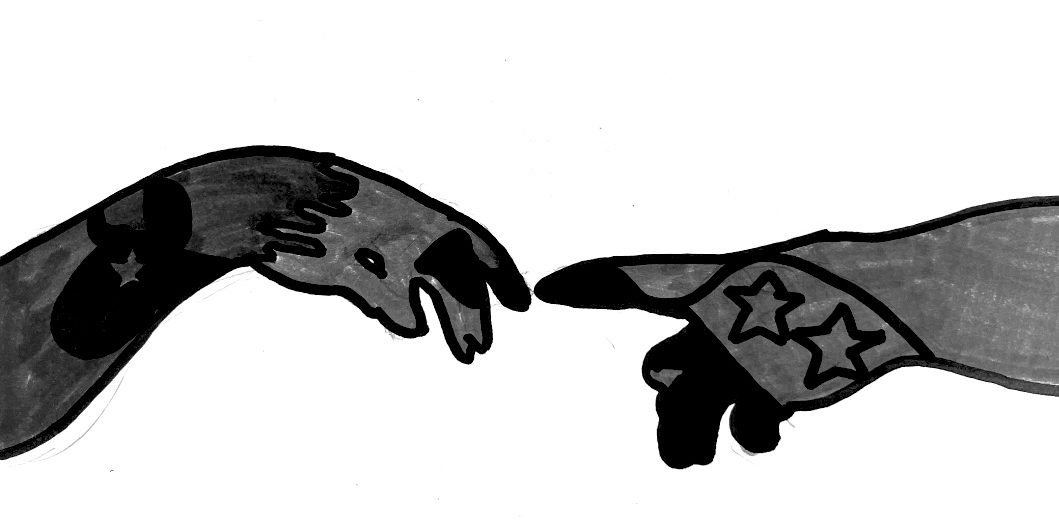If you’ve been scrolling through your Instagram feed during the past several weeks, odds are you’ve come across an omnipresent “97 percent” graphic. Conducted by the United Nations for Gender Equality and the Empowerment of Women, this study found that 97 percent of women ages 18 to 24 in the U.K. have experienced some form of sexual harassment in public spaces. On a local level, a 2017 Bark survey found that 59 percent of students have had experiences at Redwood that constitute sexual harassment by U.S. law.
These statistics have not just been met with disbelief, but have also been disregarded by many who have deemed them impossible. This notion of impossibility is the very root of the sexual harassment plaguing the world, an issue lying in the fact that many are unaware of what falls under the umbrella of harassment.
According to the Oxford Dictionary, sexual harassment is “behavior characterized by the making of unwelcome and inappropriate sexual remarks or physical advances in a workplace or other professional or social situation.” Contrasted to sexual assault, harassment appears a meek issue, but its apparent lack of severity gives way to its ubiquity. Something as simple as a man walking too close to a woman at night can spike the woman’s nerves for the remainder of her evening, whether intentional on the man’s behalf or not. It is true that not all men are bad, but the behaviors of some are enough to make women afraid of all –– this is why simply not sexually harassing anyone isn’t enough.
The recent surge in awareness of sexual harassment has brought to light many injustices and put the true colors of our abuser-sympathetic culture on full display. At the forefront of backlash are baseless defenses. “It’s not ‘all men’ because my friends and I would never do this!” Okay, but Matt Lauer’s friends never would have thought he’d do it. Neither would have Bill Cosby’s. Ostensibly kind people, and some of our biggest role models, can have the darkest underbellies.
Only in the last few weeks, star Texans quarterback Deshaun Watson had 19 lawsuits filed against him for alleged sexual harassment. Social media users flooded TikTok and other platforms with comments like “Innocent until proven guilty,” “Girls always do this to try to get money from people” and “Watson don’t even seem like the type of dude to do something like that.” Whether or not Watson sexually harassed these women is not the point. The initial reaction cannot be to belittle and attack women because safeguarding the characters of seemingly decent men like Watson is not just logically fallacious, but it actively trivializes the experiences of their victims. This in turn sets a dubious precedent for all subsequent cases, giving voice to the “not all men” arguments that have set out to invalidate the experiences of most women. While it would be statistically correct to say that not “all men” are sexually harassing women, they all live under the degrading culture that has given them the power and will to do so for centuries.
Such a culture is also characterized by constantly reinforced female inferiority, dominated by locker room jokes about women “belonging in the kitchen” and dubs boys that are decent to women “simps.” It’s a culture where men can privately enjoy portrayals of oversexualized Playboy girls, but turn around and slut-shame any women in their lives that dress in a similar manner. Fear and discomfort from women who are catcalled confers dominance to male perpetrators. This culture enables men to send unsolicited nude photos to women without any indication of the woman’s consent, assuming “she wants it.” We discredit reports of misconduct and layer on fear of retribution for reporting inappropriate behaviors, which is why reported cases of assault and misconduct fall so far behind projections like the U.K. study. So for those attempting to debunk the 97 percent statistic: look inside yourself and think about why you’re so deeply troubled by this study, for even if that number sat at 1 percent, it would still be too many.
To create cultural change, more than not partaking in harassment is necessary. Being empathetic of the universal female experience is where the most palpable change is possible. Denouncing objectifying language and listening to others’ experiences without questioning them are ways to empathize with victims of sexual harassment and assault in order to create a safe environment. Putting an end to “bro culture” where kindness and support towards women is looked down upon as weak is paramount in initiating productive discussions among men in condemning sexual harassment. Our knee-jerk reaction to women coming forward cannot be to defend the man, but rather to listen to the woman. Fathers, brothers, husbands and sons: stand up for all women as if they were your mothers, sisters, wives and daughters.











